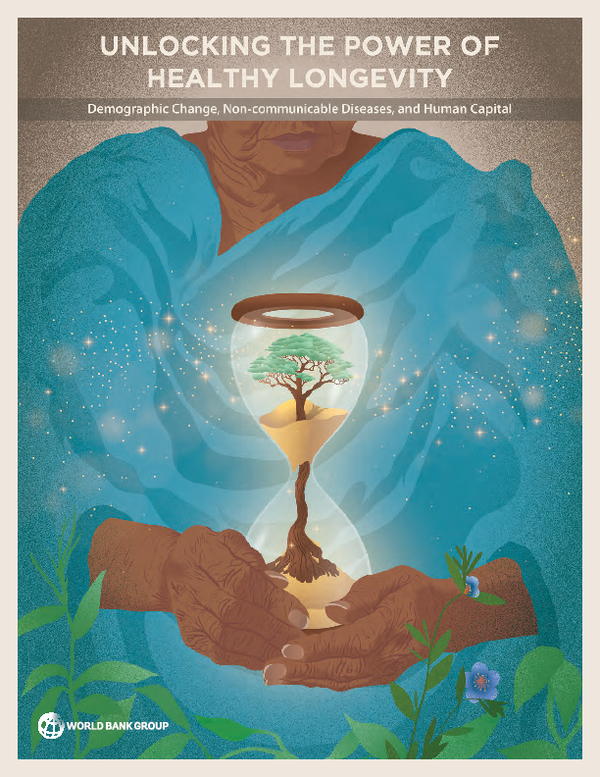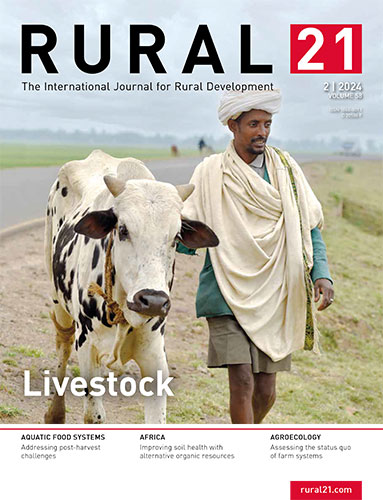- Share this article
- Subscribe to our newsletter
Unlocking the Power of Healthy Longevity
The report Unlocking the Power of Healthy Longevity: Demographic Change, Non-communicable Diseases and Human Capital, published by the World Bank in September 2024, lays out strategies for governments that can improve health, reduce poverty, address gender inequity and enhance productivity in low- and middle-income countries. Healthy longevity means the state of good physical, cognitive and social functioning throughout a person’s lifespan.
Non-communicable diseases (NCDs) – such as diabetes, respiratory diseases, heart diseases, and cancers – already account for more than 70 per cent of all deaths and a significant portion of disease and disability in low- and middle-income countries. These also intersect with climate stress and pandemic vulnerability. The poorest and most vulnerable people are most susceptible to NCDs because of higher rates of smoking, alcohol use and obesity, and lower quality of healthcare, and are least able to afford treatment and cope with income loss.
The report outlines actions to reduce the risk of NCDs, including integrating cost-effective clinical services and long-term care into primary healthcare, and excise taxes on tobacco, alcohol and sugar-sweetened beverages to mobilise additional revenue and encourage healthy behaviours. It will also be important to explore innovative social protection for people in the informal sector to help cover essential heath costs and enable dignified aging.
Healthy longevity interventions support gender equity, too. While women generally outlive men, they experience longer periods of disease and disability, and have fewer resources than men to address these challenges. Responsibility for caregiving reduces employment prospects and can compromise wellbeing. By emphasising alternative care options such as community-based care, countries can contain costs, respect dignity and aid women to remain in the workforce.
(World Bank/ile)
Read more and download the report on the World Bank Website




Add a comment
Be the First to Comment